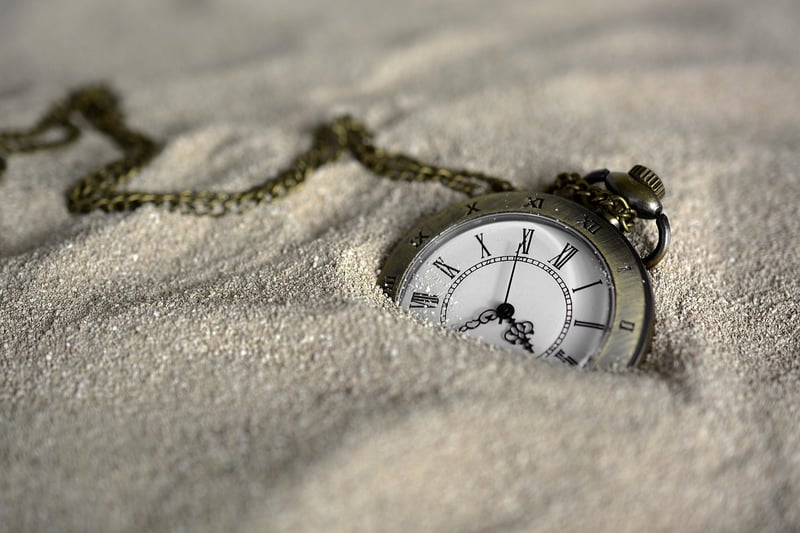Time Paradoxes
Common Queries Answered + Time Paradoxes
Common Queries Answered:
Are you intrigued by the mysteries of time travel and paradoxes? Do you find yourself pondering the complexities of temporal causality and the implications of altering the past or future? Here, we delve into some common queries about time travel and provide answers to satisfy your curiosity.
1. Is time travel possible?
While time travel remains a popular concept in science fiction, the current understanding of physics suggests that backward time travel is highly improbable. However, theories like wormholes and time dilation offer intriguing possibilities for traveling into the future.
2. What is the grandfather paradox?
The grandfather paradox is a classic time travel dilemma where a person travels back in time and prevents their grandparents from meeting, thereby preventing their own birth. This paradox raises questions about the consistency of timelines and the potential for altering the past.
3. Can you change the past through time travel?
The concept of changing the past through time travel leads to paradoxes like the grandfather paradox and the bootstrap paradox. These paradoxes highlight the inherent contradictions that arise when attempting to alter events that have already occurred.
Time Paradoxes:
Time paradoxes are fascinating thought experiments that challenge our understanding of causality and the nature of reality. Here are some intriguing paradoxes that explore the complexities of time travel:
1. Bootstrap Paradox:
In a bootstrap paradox, an object or information is sent back in time and becomes trapped in an infinite causal loop with no clear origin. This paradox raises questions about the creation of information and the concept of cause and effect.
2. Predestination Paradox:
The predestination paradox involves a series of events in which the outcome is inevitable and self-referential. This paradox challenges the notion of free will and suggests that events are predetermined regardless of attempts to change them.
3. Twin Paradox:
The twin paradox explores the effects of time dilation in the context of one twin traveling at relativistic speeds while the other remains stationary. This paradox highlights the relativity of time and the discrepancies that arise from observing time from different frames of reference.
Conclusion:
Time travel and paradoxes continue to captivate our imagination, pushing the boundaries of scientific inquiry and philosophical contemplation. While the practicality of time travel remains uncertain, exploring these concepts allows us to ponder the nature of time, causality, and the intricacies of the universe.


